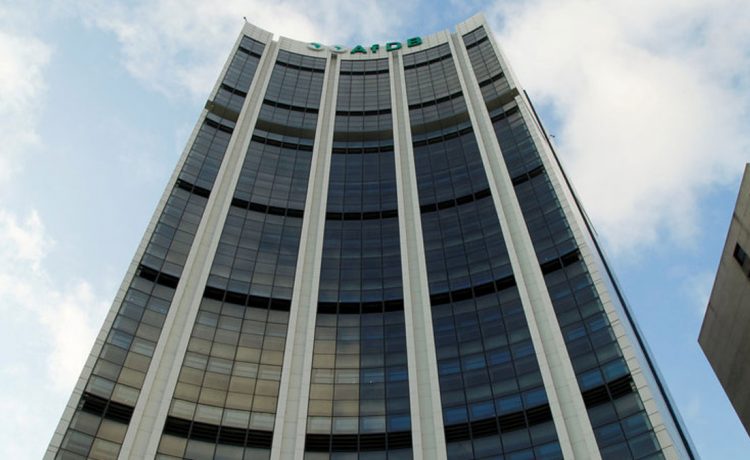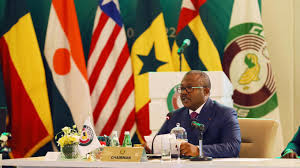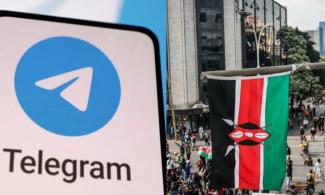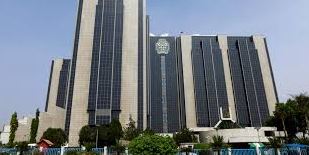The African Development Bank (AfDB) has issued a warning about the increasing cost of energy, food, and commodities in several African countries, potentially leading to social unrest. Nations like Angola, Ethiopia, Kenya, and Nigeria are particularly highlighted, with concerns over currency depreciation and economic challenges. AfDB’s biannual Africa Macroeconomic Performance outlook publication, released last week, stressed that these factors could trigger internal conflicts despite overall economic growth in Africa.
The bank also cited potential global issues, such as conflicts in eastern Europe and the Middle East, leading to supply chain disruptions and exacerbating inflation worldwide. As a result, the situation in Africa could become more precarious, necessitating measures to address rising concerns.
In Nigeria, Africa’s most populous country, protests have erupted over the high cost of living, with citizens demonstrating against skyrocketing food prices. The government responded by releasing grain reserves to mitigate the impact. The AfDB highlighted the possibility of social unrest and internal conflicts in the face of these economic challenges.
Security analyst Senator Iroegbu echoed the bank’s concerns, emphasizing the importance of basic needs such as food, shelter, and clothing. Protests have already taken place in southwestern Oyo state, Nigeria, with demands for action to reduce the cost of food.
While Africa has several rapidly growing economies, AfDB notes that economic performance varies depending on individual country policies. Nigeria, for instance, has undertaken bold economic reforms, including the removal of fuel subsidies and the floatation of the currency. These measures, while aimed at long-term benefits, have contributed to immediate economic shocks, including soaring inflation.
Nigeria’s inflation reached 29.9%, the highest since mid-1996, prompting the government to release grains to stabilize food prices. Major General Christopher Musa, Nigeria’s chief of defense staff, acknowledged the global challenges but reassured that the government is actively addressing the situation.
Despite AfDB’s positive outlook on Africa’s economic growth, concerns persist as citizens demand affordable living conditions. The bank estimates that economic growth in Africa will average 3.8% and 4.2% in 2024 and 2025, respectively, surpassing projected global averages. However, the warning underscores the urgency of addressing immediate challenges to ensure sustainable development and social stability.






